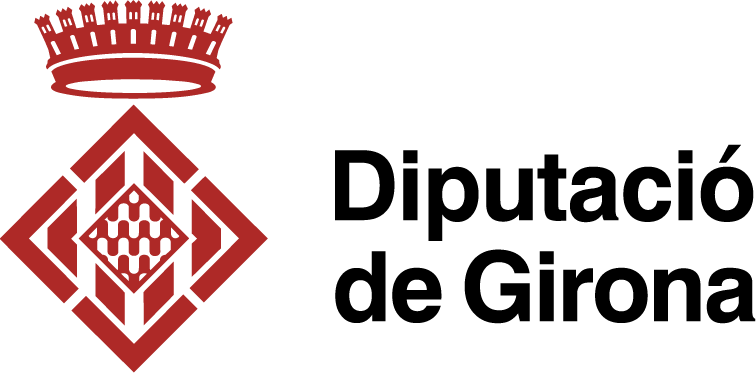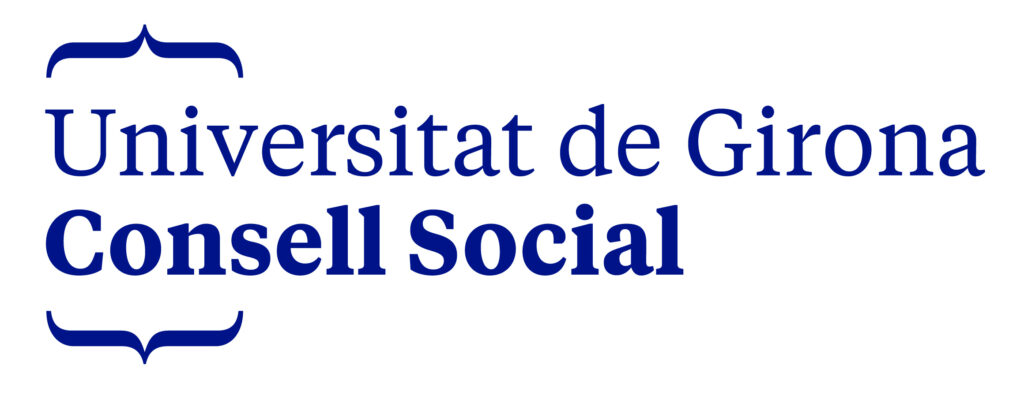From the 1980s ecofeminism to contemporary scene
Ariel Salleh
Tuesday 4th July, 10.00-11.30, Cerbère
Ecofeminist activists and thinkers all over the world began challenging the idea of economic growth in the 1970s.
Their first premise was – and remains – a claim that human relations with nature, the global economic system, political institutions, and academic disciplines, are historically gendered.
This implies that environmental activism must change both gendered attitudes in everyday life as well as reassess taken for granted theories and methods.
The lecture introduces the notions of ‘othering’ and naturalisation as eurocentric masculinist rationales for environmental extraction, colonial exploitation, and domestic labour.
These forms of resourcing are related – as social justice and ecological sustainability are related.
Today, ecofeminist concepts include the humanity-nature metabolism, relations of reproduction, subliminal economy, meta-industrial labour class, embodied debt, metabolic value, and eco-sufficiency.
An ’embodied materialist’ ecofeminism critiques the capitalist patriarchal mode of production in favour of a regenerative meta-industrial mode of (re)production.
As a postnormal perspective, ecofeminism challenges marxism, ecological economics, neoliberal policy based on natural capital, de-materialisation, and the green bio-economy.
Readings:
Mies, Maria. 1993. Liberating the Consumer. In: Ecofeminism. Maria Mies and Vandana Shiva eds., pp. 251-263, London: Zed Books.
Salleh, Ariel. 2017. Ecofeminism. In: Routledge Handbook of Ecological Economics: Nature and Society. Clive Spash ed., pp. 48-56, London: Routledge.




